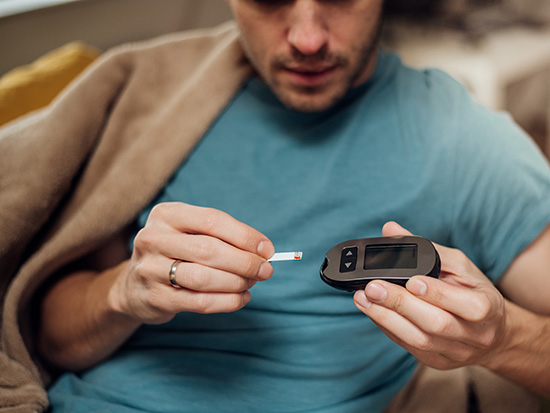Use of the drug verapamil to treat Type 1 diabetes continues to show benefits lasting at least two years, researchers report in the journal Nature Communications. Patients taking the oral blood pressure medication not only required less daily insulin two years after first diagnosis of the disease, but also showed evidence of surprising immunomodulatory benefits.
Continuing medication was necessary. In the two-year study, subjects who stopped daily doses of verapamil at one year saw their disease at two years worsen at rates similar to those of the control group of diabetes patients who did not use verapamil at all.
Type 1 diabetes is an autoimmune disease that causes loss of pancreatic beta cells, which produce endogenous insulin. To replace that, patients must take exogenous insulin by shots or pump and are at risk of dangerous low blood sugar events. There is no current oral treatment for this disease.
The suggestion that verapamil might serve as a potential Type 1 diabetes drug was the serendipitous discovery of study leader Anath Shalev, M.D., director of the Comprehensive Diabetes Center at the University of Alabama at Birmingham. This finding stemmed from more than two decades of her basic research into a gene in pancreatic islets called TXNIP. In 2014, Shalev’s UAB research lab reported that verapamil completely reversed diabetes in animal models, and she announced plans to test the effects of the drug in a human clinical trial. The United States Food and Drug Administration approved verapamil for the treatment of high blood pressure in 1981.
In 2018, Shalev and colleagues reported the benefits of verapamil in a one-year clinical study of Type 1 diabetes patients, finding that regular oral administration of verapamil enabled patients to produce higher levels of their own insulin, thus limiting their need for injected insulin to regulate blood sugar levels.
The current study extends on that finding and provides crucial mechanistic and clinical insights into the beneficial effects of verapamil in Type 1 diabetes, using proteomics analysis and RNA sequencing.
Read More at UAB News.
